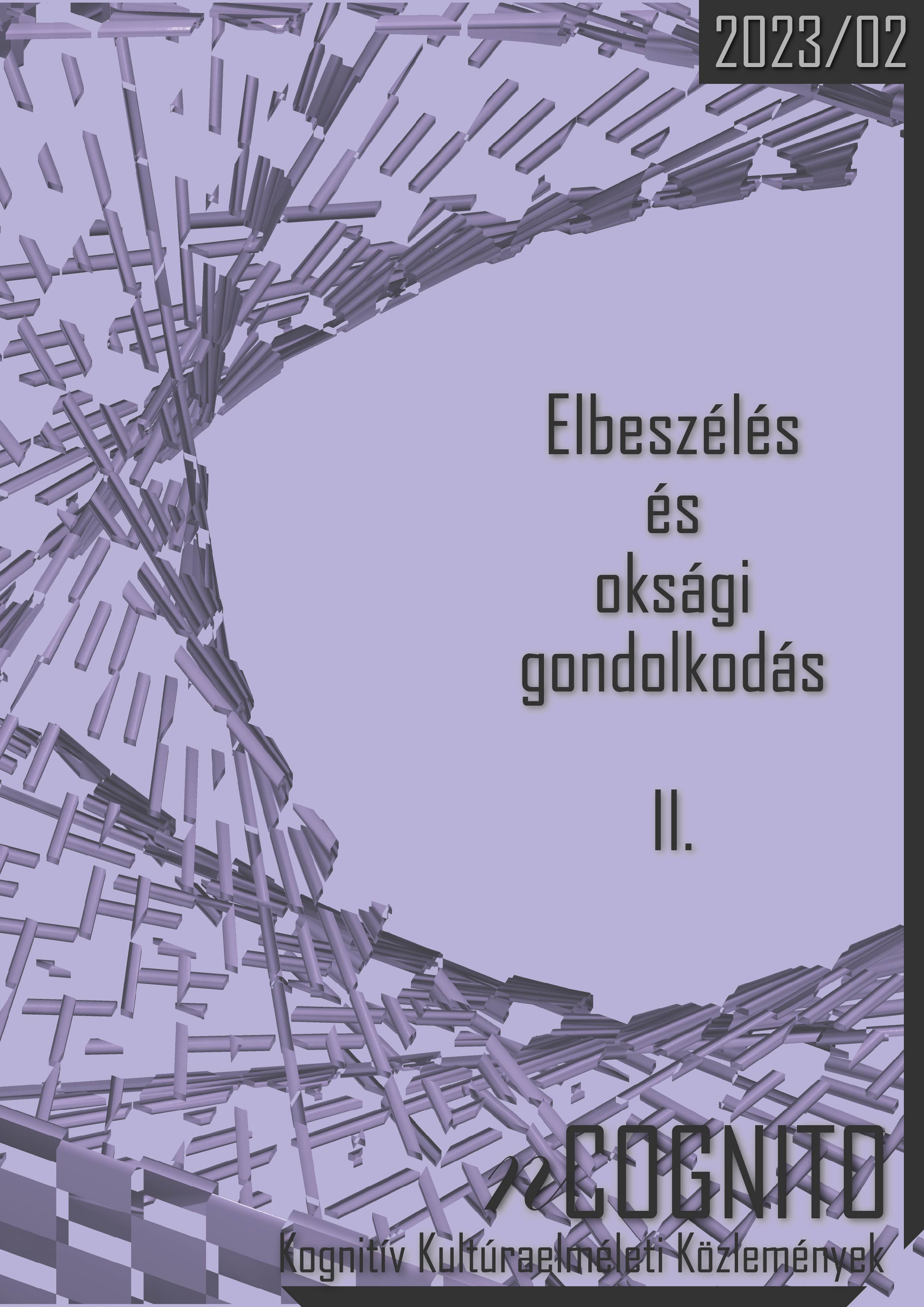ragic plot, causality, contrafactuals Remarks on Aristotle’s Poetics
Main Article Content
Abstract
This article examines the role of the causal principle in the plot of tragedy. It is based on the thesis that tragedy, as a genre idea and prototypical action, is organised according to a strictly causal logic. By organising human action according to a causal principle, tragedy conveys lessons about changes in human life. The theoretical discussion here draws on both Aristotle’s Poetics and ideas of the plot of ancient Greek tragedy as a prototype. The central question is how the dramatic disruption of a successful life story, embodied by tragedy, can be derived from earlier actions. Excerpts from the tragedy Oedipus Rex are used as an example of this endeavour at understanding. The causal motives that Oedipus explores lead the hitherto blissful king into the most terrible of misfortunes, whilst at the same time failing to offer any real explanation for the calamity. The concluding arguments of this article discuss the interpretation of the tragic plot with regard to new approaches to theories of causality. Even if the tragic twist can be fully reconstructed and traced back to the original causes, its consequences lie far outside the usual probabilities and offer no satisfactory explanation for the unparalleled disaster. The understanding of such situations is facilitated by the establishment of contrafactual assumptions, which, among other things, also promote the causal understanding of fundamentally consequential actions.

